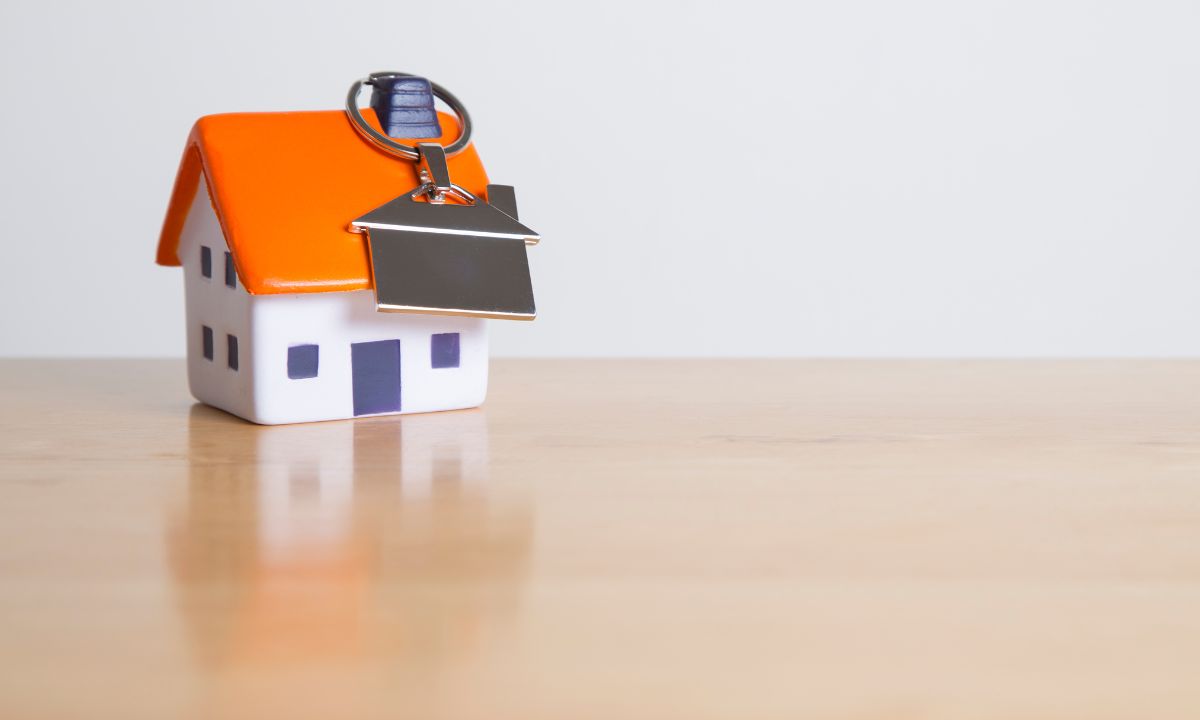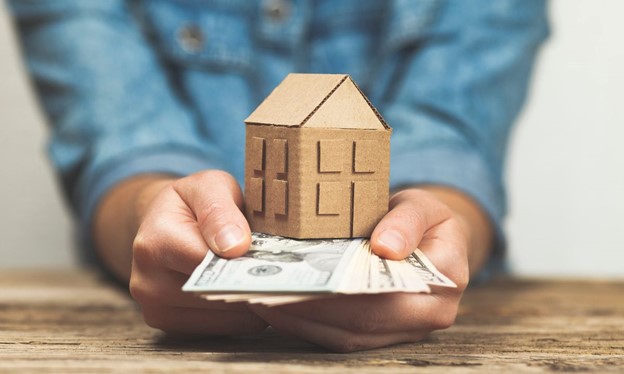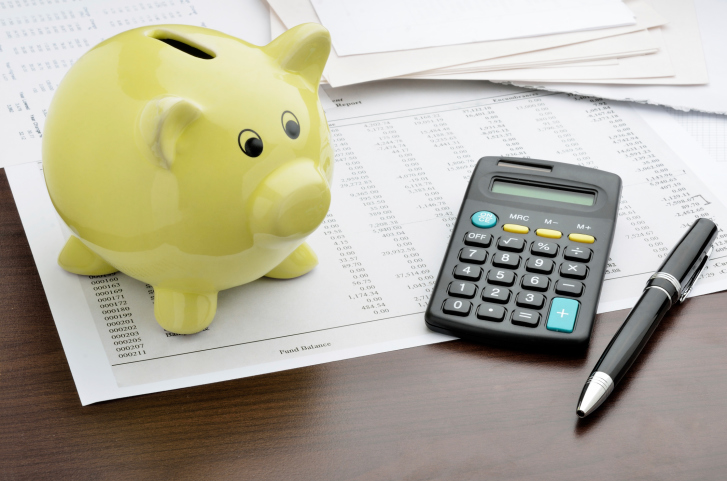Strategies for Single Homebuyers
 Are you a single individual ready to take the plunge into homeownership? Congratulations! While the journey might seem overwhelming, especially when it comes to securing a mortgage, there is no need to worry. With the right strategies and tips, you can navigate the process with confidence and success. As a mortgage lender with years of experience helping single homebuyers achieve their dreams, I’m here to share some valuable insights to guide you on your path to homeownership.
Are you a single individual ready to take the plunge into homeownership? Congratulations! While the journey might seem overwhelming, especially when it comes to securing a mortgage, there is no need to worry. With the right strategies and tips, you can navigate the process with confidence and success. As a mortgage lender with years of experience helping single homebuyers achieve their dreams, I’m here to share some valuable insights to guide you on your path to homeownership.
Know Your Finances Inside Out: Before diving into the housing market, take a deep dive into your financial situation. Understand your credit score, debt-to-income ratio, and how much you can comfortably afford to spend on a home. Remember, being single doesn’t mean you’re at a disadvantage, but often means you have more control over your finances and can make decisions that align solely with your needs and goals.
Save, Save, Save: As a single homebuyer, you may not have the advantage of dual incomes to rely on. That’s why it’s crucial to have a robust savings plan in place. Aim to save for a substantial down payment to reduce your monthly mortgage payments and potentially qualify for better interest rates. Additionally, having a healthy savings cushion can provide peace of mind and financial security during unexpected circumstances.
Explore Loan Options: There’s no one-size-fits-all mortgage solution. As a single homebuyer, you have various loan options to choose from, including conventional loans, FHA loans, VA loans (if applicable), and more. Each loan type comes with its own set of benefits and eligibility requirements. Work closely with your mortgage lender to explore all available options and choose the one that best suits your financial situation and homeownership goals.
Consider Co-Buying or Co-Signing: While buying a home solo is empowering, you don’t have to go it alone. Consider co-buying with a trusted friend or family member to share the financial responsibilities and make homeownership more attainable. Alternatively, if you have a close family member willing to co-sign the mortgage, you may qualify for a higher loan amount or better terms.
Factor in Additional Costs: Owning a home involves more than just making monthly mortgage payments. Be prepared for additional costs such as property taxes, homeowners insurance, maintenance, and repairs. As a single homeowner, it’s essential to budget carefully and set aside funds for these expenses to avoid financial strain down the road.
Build a Strong Support Network: While you may be tackling the homebuying process solo, that doesn’t mean you can’t seek support along the way. Surround yourself with trusted professionals, including a reliable real estate agent and mortgage lender, who can provide guidance and expertise throughout the journey. Additionally, don’t hesitate to lean on friends and family for emotional support during what can be a stressful but rewarding time.
As a single homebuyer, you have the freedom to make decisions that align with your lifestyle and goals. By implementing these mortgage strategies and tips, you can navigate the homebuying process with confidence and pave the way to homeownership success.

 So, you’re considering buying a second home? Whether it’s a cozy cabin in the woods, a beachfront retreat, or an urban pied-à-terre, the idea of owning a second property is undoubtedly exciting. However, before you get swept away by visions of lazy weekends and family gatherings, it’s crucial to understand the financial implications, especially when it comes to mortgages. Here’s a comprehensive guide to help you navigate the mortgage considerations when buying a second home.
So, you’re considering buying a second home? Whether it’s a cozy cabin in the woods, a beachfront retreat, or an urban pied-à-terre, the idea of owning a second property is undoubtedly exciting. However, before you get swept away by visions of lazy weekends and family gatherings, it’s crucial to understand the financial implications, especially when it comes to mortgages. Here’s a comprehensive guide to help you navigate the mortgage considerations when buying a second home. As the housing market continues to evolve, it becomes increasingly crucial for aspiring homeowners to tread carefully and avoid falling into the trap of being house poor. The dream of owning a home should not come at the expense of financial stability and overall well-being. Here are some essential tips to steer clear of this precarious situation:
As the housing market continues to evolve, it becomes increasingly crucial for aspiring homeowners to tread carefully and avoid falling into the trap of being house poor. The dream of owning a home should not come at the expense of financial stability and overall well-being. Here are some essential tips to steer clear of this precarious situation: If you are looking to buy a home one day but don’t think you are ready just yet, you are not alone. One of the most important tasks that you have to complete involves getting your finances in order.
If you are looking to buy a home one day but don’t think you are ready just yet, you are not alone. One of the most important tasks that you have to complete involves getting your finances in order.